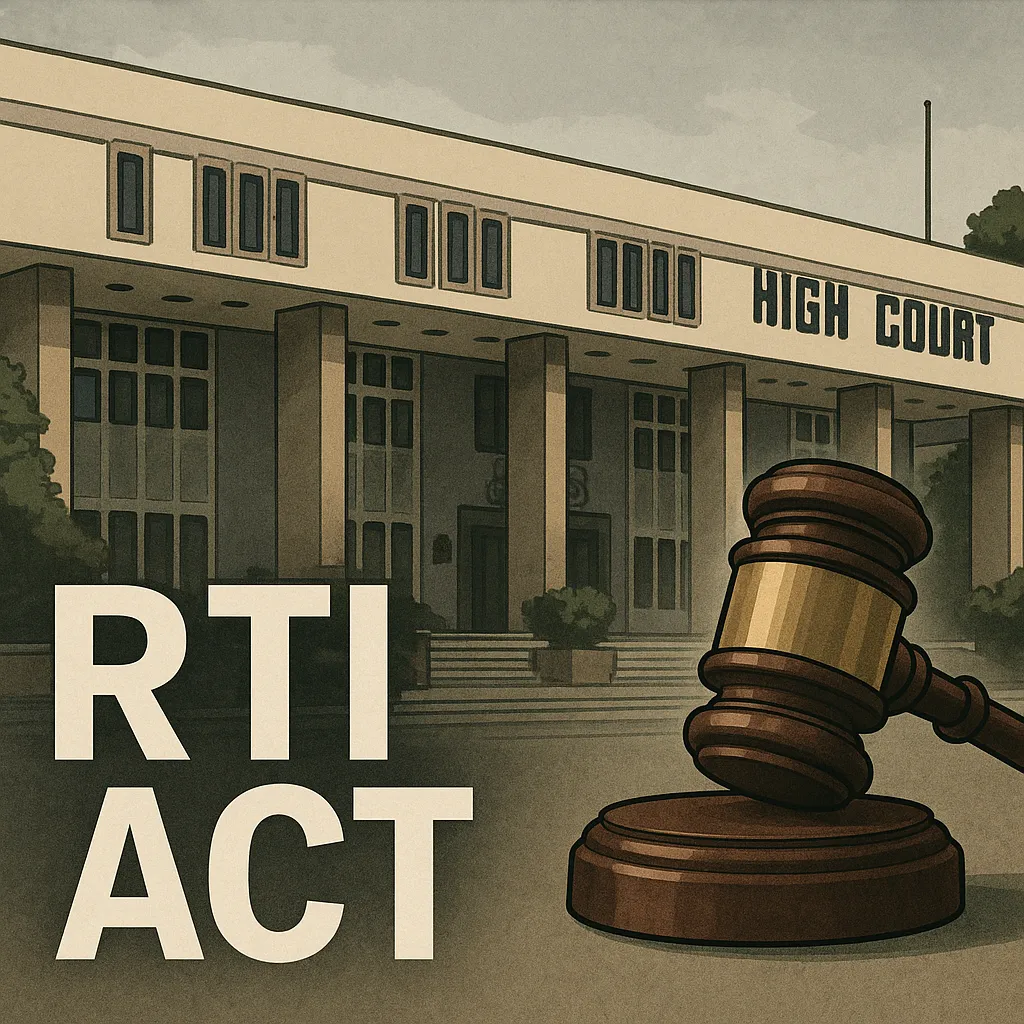Delhi High Court Rules Personal Academic Records Exempt from RTI Disclosure

New Delhi, August 26, 2025 - In a landmark judgment delivered today, the Delhi High Court held that personal academic credentials of public figures remain protected under the Right to Information (RTI) Act unless an overriding public interest is clearly demonstrated. The ruling, handed down by Justice Sachin Datta, arose from petitions seeking disclosure of the educational qualifications of former Union Minister Smriti Irani and Prime Minister Narendra Modi.
Justice Datta affirmed that Section 8(1)(j) of the RTI Act exempts “personal information” from mandatory disclosure, and that this protection cannot be circumvented without showing a demonstrable public interest that outweighs privacy considerations. The court emphasized that the fundamental right to privacy, as recognized in the 2017 nine-judge bench decision in K.S. Puttaswamy v. Union of India, extends to academic records and imposes a high threshold for disclosure under RTI.
The petitioners had challenged earlier directives of the Central Information Commission (CIC), which had ordered universities and other authorities to produce degree certificates and marksheets of the two leaders. The High Court set aside those directives, finding they exceeded statutory authority and infringed upon the individuals’ privacy rights. “Even if certain details have previously been made public, that does not override the statutory safeguards,” Justice Datta observed, underscoring that educational qualifications are not constitutional prerequisites for holding public office.
In its ruling, the court clarified that the RTI Act is not absolute; it requires balancing transparency with privacy. It found that neither petition had established any compelling public interest that could justify breaching the privacy shield for Smriti Irani or Prime Minister Modi. The decision reinforces the legal principle that RTI requests must serve a genuine public purpose and cannot be used to delve into personal domains absent adequate justification.
The Delhi High Court’s judgment today is set to shape future RTI jurisprudence by reaffirming the interplay between Sections 8(1)(j) and 8(3) of the Act and by reaffirming that privacy and transparency are co-equal constitutional values.
Categories
Beauty and fashion Business and finance Climate Entertainment Food and drink Games Health Hobbies and leisure Jobs and education Law and government Other Politics Science Shopping Sports Technology Travel and transportationRecent Posts
Tags